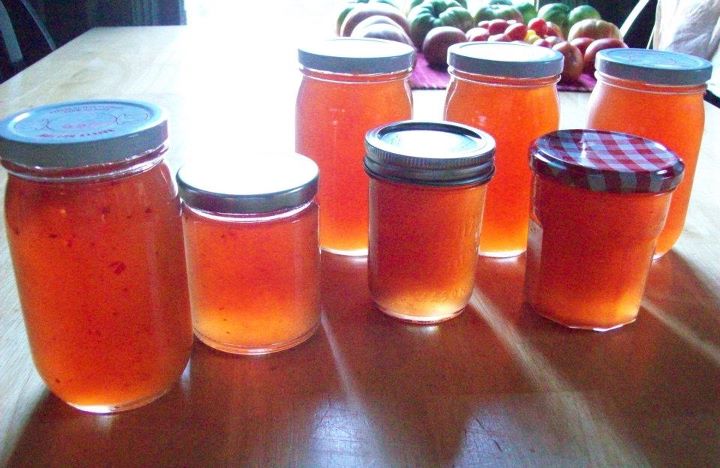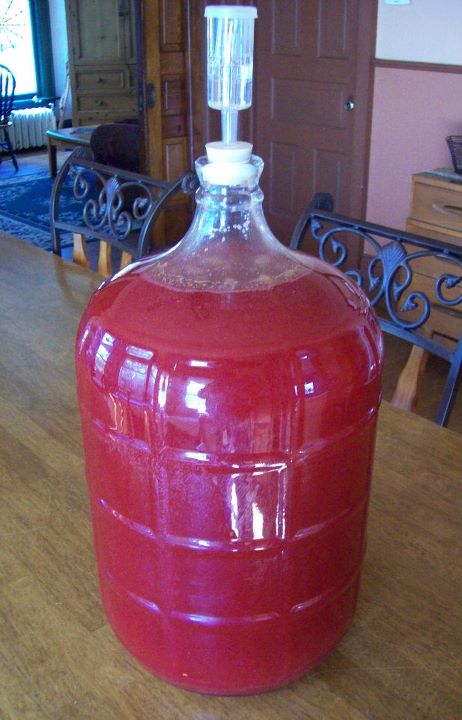Waking up with Ethiopia
 Wednesday, October 20, 2010 at 4:17PM
Wednesday, October 20, 2010 at 4:17PM Unedited Spill the Beans column below. (9 times out of 10 I don't approve of the edits that might be made. They usu ally weaken the flow of the story. Fortunately they are few & far between.)
Waking up with Ethiopia
I'd been in a rut lately, a coffee drinking rut. I imagine it happens to other passionate coffee aficionados once in a while. For the past couple weeks I just hadn't been into preparing and drinking coffee like I usually was. It's not that I didn't enjoy my morning, afternoon and evening coffees. I did, but the satisfaction had been subdued, with the ritual perfunctory and uninspired.
The reasons for the funk are unimportant. But what helped me get out of it is well worth sharing. It was, simply, a great cup of coffee. To be specific, it was an Organic Ethiopian from the Sidamo region that reawakened my taste buds and, by extension, cleared the fog and recovered my mojo.
This Ethiopian Sidamo coffee was a common one that I've enjoyed many times before, but it had been a while since I'd last had it. And what more appropriate coffee to revive oneself with than one from the birthplace of coffee itself? Ethiopia is commonly thought to be the place where coffee originated, or was discovered.
Sidamo, in the south-central part of Ethiopia, is one of the significant coffee growing regions in the country. The arabica coffee produced there is, along with Yergacheffe and Limu (or Limmu), one of the most notable coffees in a country famous for producing outstanding coffees. Ethiopia has a diverse geography, characterized by mountainous regions interspersed with valleys and plateaus. The climate is predominantly tropical monsoon, although the diversity of terrain has a significant influence on the climate in various regions. For our purposes it is enough to say that Sidamo is a region with excellent coffee growing qualities. It has the elevation, the soil, the rainfall and climate, and the ecological diversity necessary to produce a unique and coveted coffee.
The cup I had was pressed. I have a small French press that I use from time to time. It's the press I usually keep in my car when traveling and holds only around 8 ounces of liquid. And because it's small with brass-colored top and frame it appeals to my fondness for gadgets. Besides using it as a "road press" I use it when I feel like having just one cup of coffee.
Well, this "just one cup" was the first of three. Good Ethiopian coffees are prized for their complexity, moderate acidity and floral character. They can also, if they are dry-processed, be a little grassy or "wild" in character, which can be a little off-putting to some people. Personally, I like the rustic quality of many dry-processed coffees as much as I enjoy the smooth, wine-like characteristics of wet-processed Ethiopian coffees.
I'm guessing that this one was wet-processed, or "washed," because it was smooth and clean in the mouth, with distinct berry notes and none of the grassiness or fresh garden vegetable notes that dry-processed coffees sometimes have.
The first sip is what made me take notice. Lately I've been enjoying Farmer's Market cherries and with the first sip I couldn't help but detect notes of cherry. It was the first time in two weeks that I'd actually tasted something below the surface. I became acutely aware that there were multiple flavors swirling around here that demanded my attention. In addition to the cherry there was a little milk chocolate, and a slight sweet nuttiness, like cashews. The aroma was sweet and light, not unlike a Kona or Puerto Rican coffee. Mouthfeel, soft and full. The finish, clean.
Like most things, context is, many times, everything when it comes to enjoying or not enjoying coffee. It was a beautiful morning, after all. And I do like using that little steampunk-looking press. Or maybe it was just time for my taste buds to end their two-week hibernation (timing can be everything too).
I do, however, also believe that the coffee had much to say. Sometimes you just need to listen.











Reader Comments